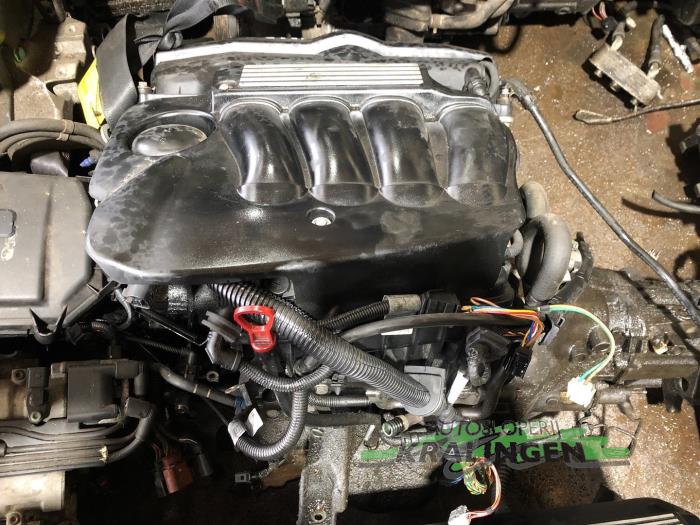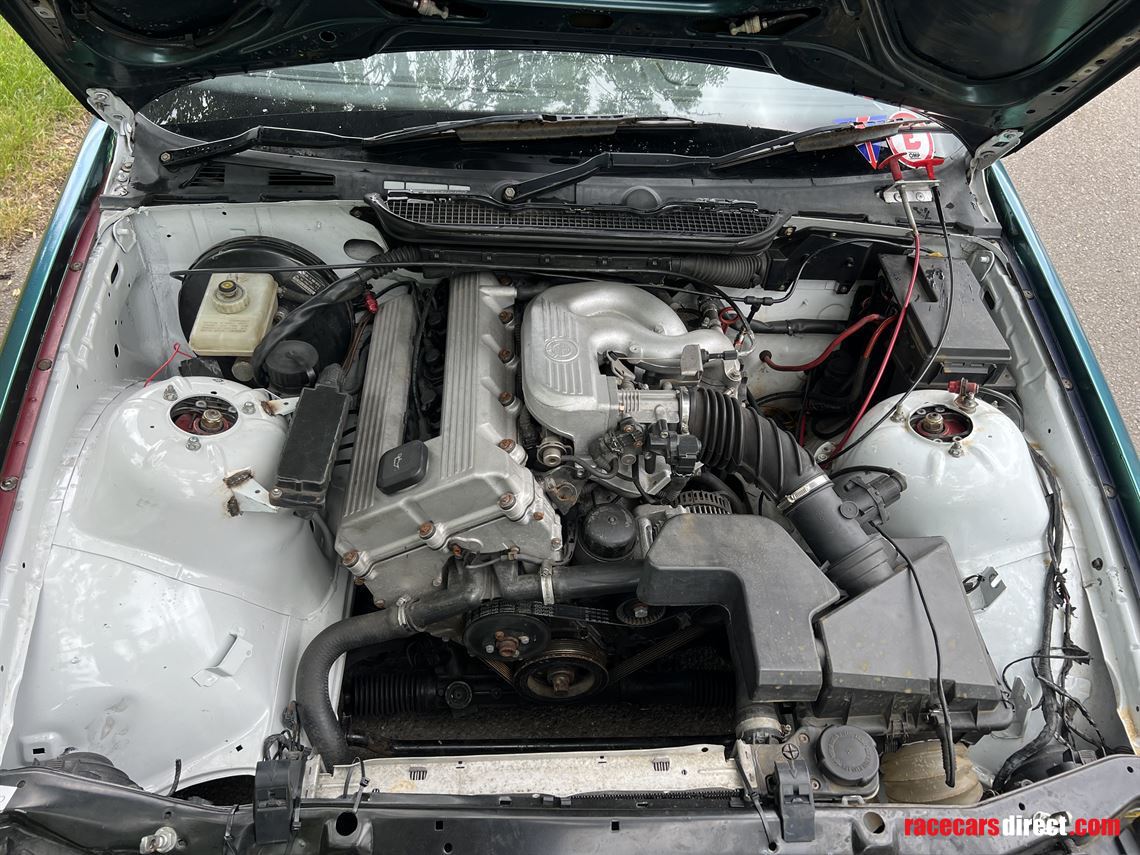Trick Attributes to Seek When Purchasing an Engine for Automotive Applications
When thinking about the acquisition of an engine for automotive applications, numerous key attributes warrant cautious analysis to guarantee optimum performance and performance. From power and efficiency capabilities to sustain sturdiness, performance, and adherence to exhausts standards, each element plays a vital duty in determining the engine's suitability for details auto needs.
Power and Performance
When choosing a vehicle engine, customers prioritize power and performance to guarantee ideal driving experience and effectiveness. The power outcome of an engine, usually measured in horsepower (HP) or kilowatts (kW), dictates the velocity, top speed, and total capabilities of a car. Greater power ratings normally cause quicker acceleration and better efficiency, especially throughout surpassing or lugging heavy lots. Performance, on the various other hand, includes a more comprehensive range of attributes, consisting of fuel performance, emissions, reliability, and total driving characteristics. A well-performing engine not just provides power efficiently however also operates efficiently throughout various speed varieties and driving problems.
Furthermore, elements such as engine hybrid, displacement, and turbocharging technologies play significant roles in enhancing both power and efficiency degrees. Inevitably, selecting an engine that offers a potent combination of power and performance makes certain a enjoyable and reliable driving experience.
Gas Efficiency
Optimizing fuel performance is a vital factor to consider for customers when assessing automobile engine alternatives. The efficiency of an engine straight impacts operating expense and ecological impact. One essential variable affecting fuel effectiveness is the engine's design and modern technology. Modern engines with functions like straight gas injection, turbocharging, and variable valve timing can dramatically enhance gas effectiveness by boosting combustion procedures and lowering power loss. Furthermore, the general weight of the engine and automobile, as well as the aerodynamics, play vital functions in identifying fuel intake.

Resilience and Integrity
Achieving durable efficiency and reliable operation is necessary for consumers examining the resilience and reliability of automobile engines. When considering an engine for auto applications, durability refers to the engine's ability to withstand wear, anxiety, and rough operating conditions over an extensive duration. Reliability, on the various other hand, suggests that the engine can continually do its desired function without unforeseen malfunctions or failings.
Consumers should seek engines constructed with high-grade materials and exact engineering to make certain long life. Elements such as crankshafts, pistons, and bearings need to be resilient to manage the engine's power outcome without premature wear. In addition, engines outfitted with advanced cooling systems, efficient lubrication, and robust purification devices have a tendency to exhibit higher levels of integrity.
Regular upkeep and adherence to important site producer recommendations are likewise crucial factors in maintaining an engine's longevity and reliability. By adhering to maintenance schedules, utilizing suggested liquids, and dealing with any concerns quickly, customers can maximize the life expectancy and efficiency of their vehicle engines. Ultimately, prioritizing toughness and reliability in engine selection can lead to a much more enjoyable ownership experience with less unanticipated disturbances.
Emissions Conformity
Guaranteeing conformity with exhausts laws is a crucial element of evaluating vehicle engines for environmentally conscious consumers. With increasing issues regarding air top quality and ecological influence, rigorous emissions standards have been implemented internationally to decrease harmful pollutants launched right into the ambience. When buying an engine for auto applications, it is important to consider its discharges compliance to minimize the carbon impact and adhere to lawful demands.
Modern engines are furnished with advanced discharge control innovations such as catalytic converters, exhaust gas recirculation (EGR) systems, and discerning catalytic reduction (SCR) to lower dangerous exhaust gases like nitrogen oxides (NOx), carbon monoxide (CARBON MONOXIDE), and hydrocarbons (HC) These systems play an essential duty in making certain that the engine fulfills the specified exhausts criteria and runs within permissible restrictions.

Cost-effectiveness
When taking into consideration auto engine purchases, assessing cost-effectiveness is paramount for customers seeking both efficiency and worth. Cost-effectiveness in engine procurement includes greater than simply the first acquisition cost. It incorporates the total expenses associated with maintenance, fuel consumption, and potential repairs over the engine's life-span. Selecting an engine that uses an equilibrium between long-term cost savings and upfront prices can result in substantial benefits for the consumer.
One trick aspect of cost-effectiveness is fuel performance. Engines that are developed to make best use of gas economic climate can result in substantial savings with time, particularly for individuals that drive often or over long ranges. Additionally, taking into Find Out More consideration the accessibility and affordability of extra parts and maintenance can contribute to the overall cost-effectiveness of an engine. Making certain that maintenance and fixings are affordable and available can prevent unanticipated financial worries down the line.

Final Thought
In verdict, when acquiring an engine for automobile applications, it is critical to consider key functions such as power and efficiency, gas durability, reliability and efficiency, discharges compliance, and cost-effectiveness. These elements are important in guaranteeing that the engine meets the requirements of the vehicle and runs properly in numerous driving problems - bmw 318ti. Making a notified decision based on these standards will inevitably cause a effective and efficient vehicle engine purchase
From power and performance capacities to sustain adherence, performance, and toughness to exhausts requirements, each aspect plays a critical function in determining the engine's viability for particular auto requirements. Engines designed to run on different fuels such as electrical power, hybrid systems, or biofuels can supply enhanced gas economy and browse around here reduced emissions contrasted to conventional fuel or diesel engines. Consumers need to thoroughly take into consideration the fuel performance ratings and modern technologies integrated right into automotive engines to make informed acquiring choices that align with their priorities for cost financial savings and sustainability.
When thinking about an engine for auto applications, toughness refers to the engine's ability to stand up to wear, stress and anxiety, and severe operating problems over an extensive period.In final thought, when acquiring an engine for automotive applications, it is important to take into consideration key functions such as power and efficiency, gas toughness, performance and integrity, emissions compliance, and cost-effectiveness.
Comments on “BMW 318ti: A Comprehensive Guide to This Compact Giant”